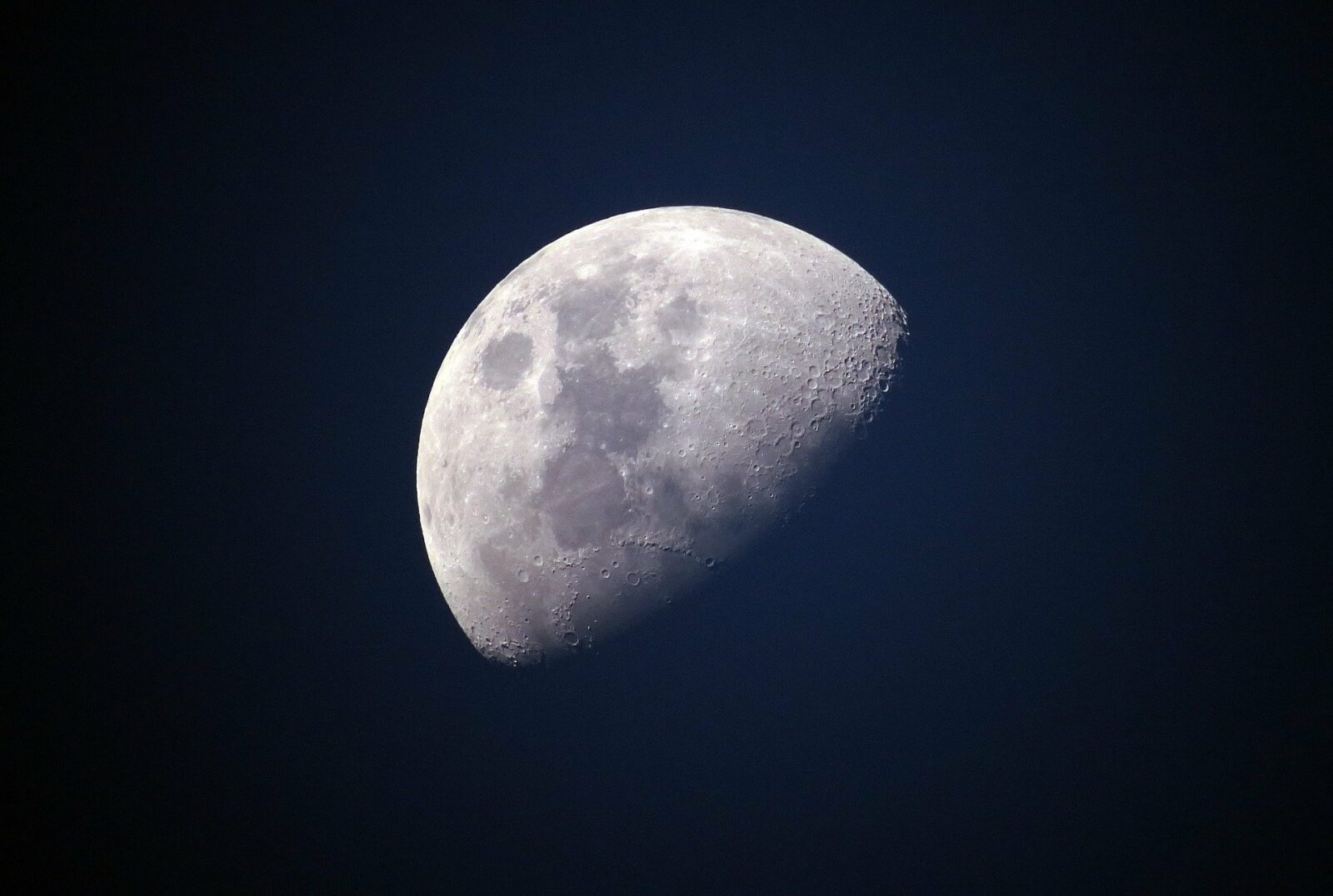According to analysts, the piece of space debris headed for the Moon most likely originated from Beijing’s lunar exploration program. China disputed responsibility for the rocket, which was launched on Sunday and is scheduled to crash into the Moon on Monday.
For a while, astronomers speculated that the errant item was an intact piece of a SpaceX rocket that had launched seven years earlier but had been abandoned in orbit after completing its mission. Nevertheless, it is currently thought to be the launch vehicle for the Chang’e 5-T1, which was launched in 2014 and is a part of the Chinese space agency’s lunar mission program.
On March 4, the rocket is likely to smash onto the Moon’s far side, according to current predictions. On Monday, however, the Chinese foreign ministry disputed the report and said that the rocket in issue had reached the Earth’s atmosphere safely and had been entirely destroyed.
Beijing is committed to ensuring the long-term viability of its space programs, according to spokesperson Wang Wenbin, who spoke at a regular news conference. As a result, China has set its eyes on becoming a space powerhouse, and it made history last year by launching what is believed to be the world’s longest crewed expedition to its new space station.
Whatever happens to the International Space Station in the future, it has cleared the path for future human space travel. NASA is planning to construct a similar station in orbit around the Moon, which will be known as Gateway. Astronauts will live and work on the Moon’s surface, and it will serve as a staging point for visits to the Moon’s surface.
The world’s second-largest economy has invested billions of dollars on a space program overseen by the military, with the goal of one day sending people to the Moon.











Leave a Reply